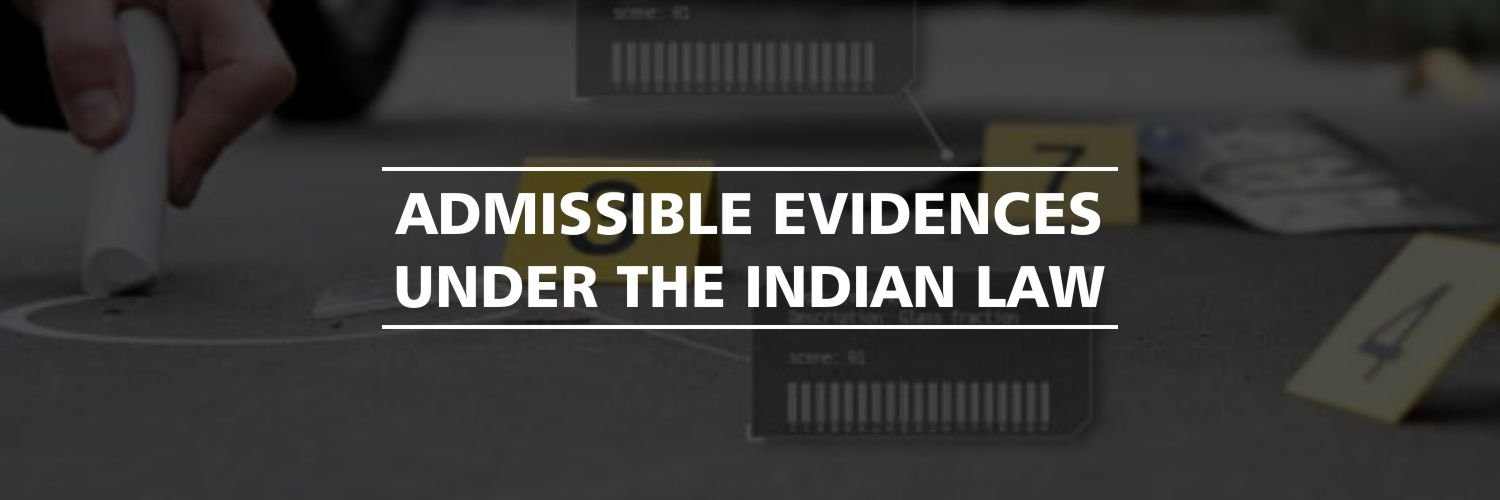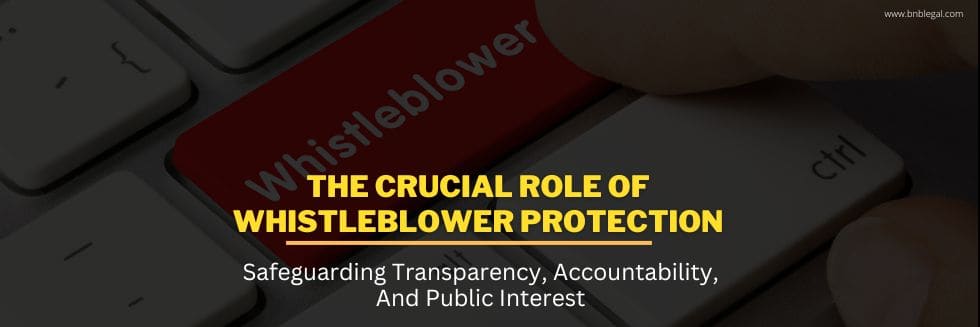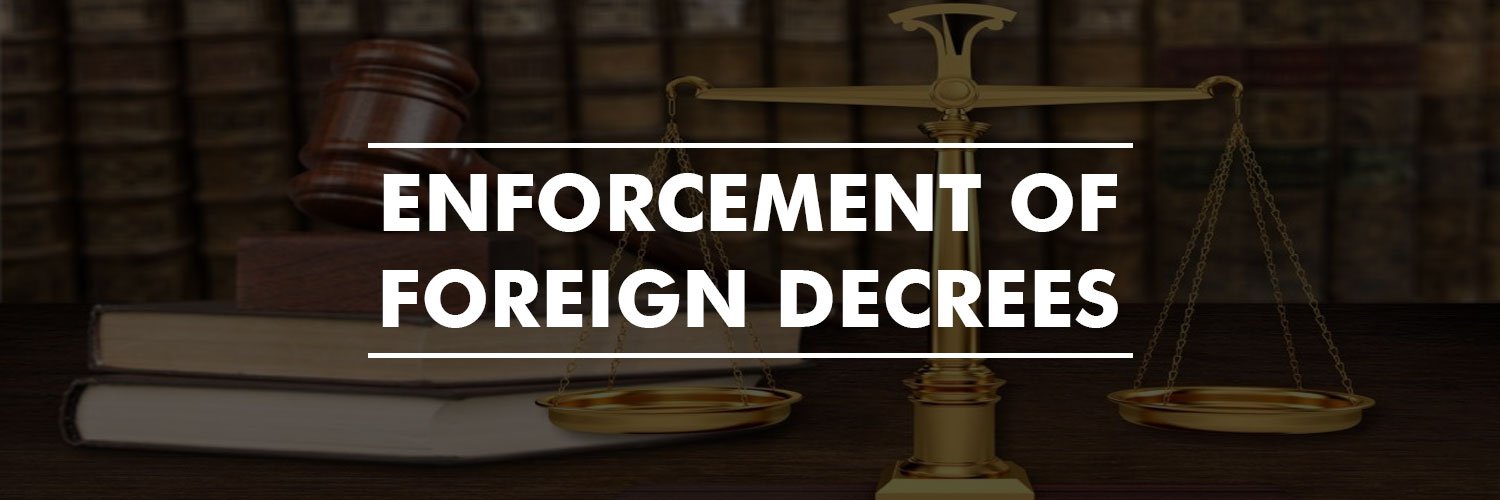The Changing Phase of Service of Summons
India is a developing nation and is getting advanced in the sector of technology quite rapidly. This advancement in the technology sector can be seen in the Indian judiciary too. Order 5 of the Code of Civil Procedure deals with Summons. Order 5 Rule 9 deals with service of summons. The summons is served by the Court by means of post and several Courts gave recognition to the Dasti services. There were many cases of delay in serving due to which Malimath Committee in their report brought out this problem and an amendment was made in Order 5 rule 9 of the Code of Civil Procedure and Rule 9A was inserted in Order 5 of the Code of Civil Procedure in which the plaintiff can serve the summon to the defendant but the plaintiff has to file an application to the court for the same and if the court grants the permission then can serve the same.
Recent Developments
Recently the Supreme Court in Central Electricity Regulatory Commission v. National Hydroelectric Power Corporation Ltd. & Ors, (2010) 10 SCC directed that in commercial litigation where the advocates are in need of urgent interim relief and seeing that the dasti services are time-consuming the summons can be served through E-Mail rather than an ordinary mode of service. This was done to speed up the process of service of summoning.
Bombay High court set a precedent in the case Kross Television India Pvt. Ltd. v. Vikhyat Chitra Production and Anr., Bom 1433 (1), Allowing the service of summons through Whats App and said that “the rules and procedure are not so rigid or ancient that it cannot be changed or without proper formal notice to the party it cannot be said that the party is not served properly. Our procedures though may not have accepted the technological modes such as E-Mail, Fax, Whats App etc. for serving of summons but the summons if served through these means and if acknowledged by the party then cannot be recognized that the summons has not been duly served.
In the case of Tata Sons Limited & Ors. v. John Doe(s) & Ors, 2017 SCC Online Del 8335, the court allowed the serving of summons through Whats App or Email and also file an affidavit of service. Affidavit of service is the most essential procedure if a summons is sent through Whats App or Email as it is the acknowledgment that the party which is related to the case has duly been served and the party has got the knowledge of scheduled hearing.
At the same time, Delhi High Court stated that double tick on Whats App messenger is a valid proof that the summon has been duly served, and the party has acquired the knowledge of the scheduled hearing.
Conclusion
The courts have recognized the technological advancements and have also accepted the technological methods of serving summons. Though this procedure of service of summoning is not brought into any of the Indian statutes, this process allows the serving quick and efficient and is a reliable process as an affidavit regarding such serving of summons is to be submitted to ensure that the summon is sent to proper party and is received by the party. These technological methods are not going to replace the formal method which is now being followed but these methods are for the exceptional cases where it is difficult to employ the formal method.








